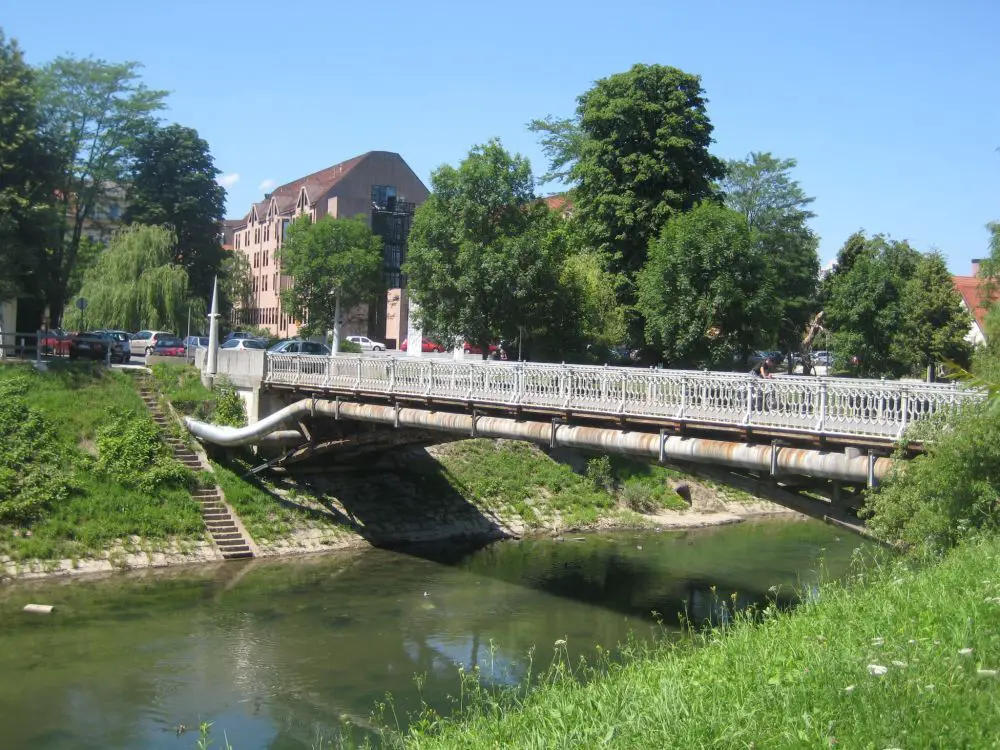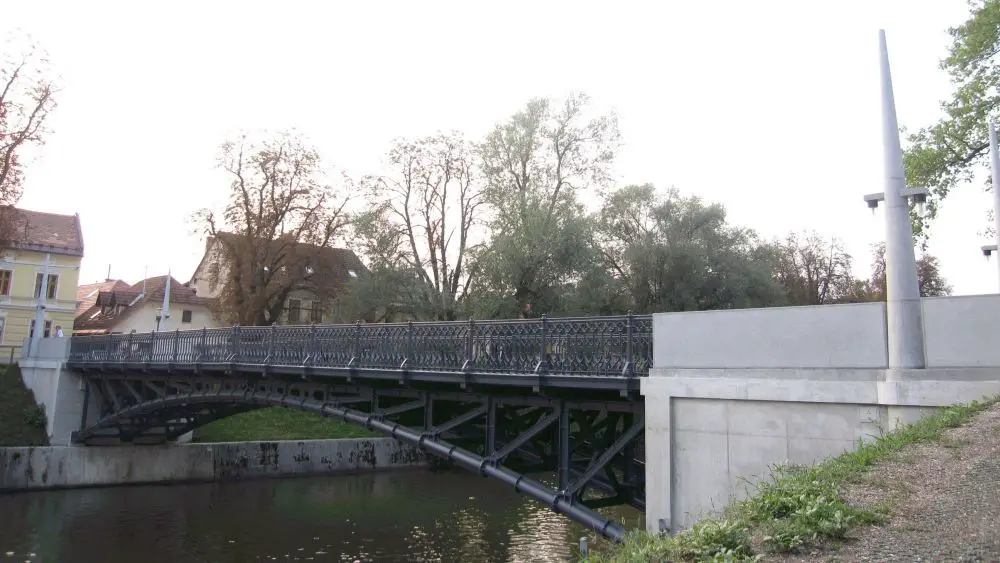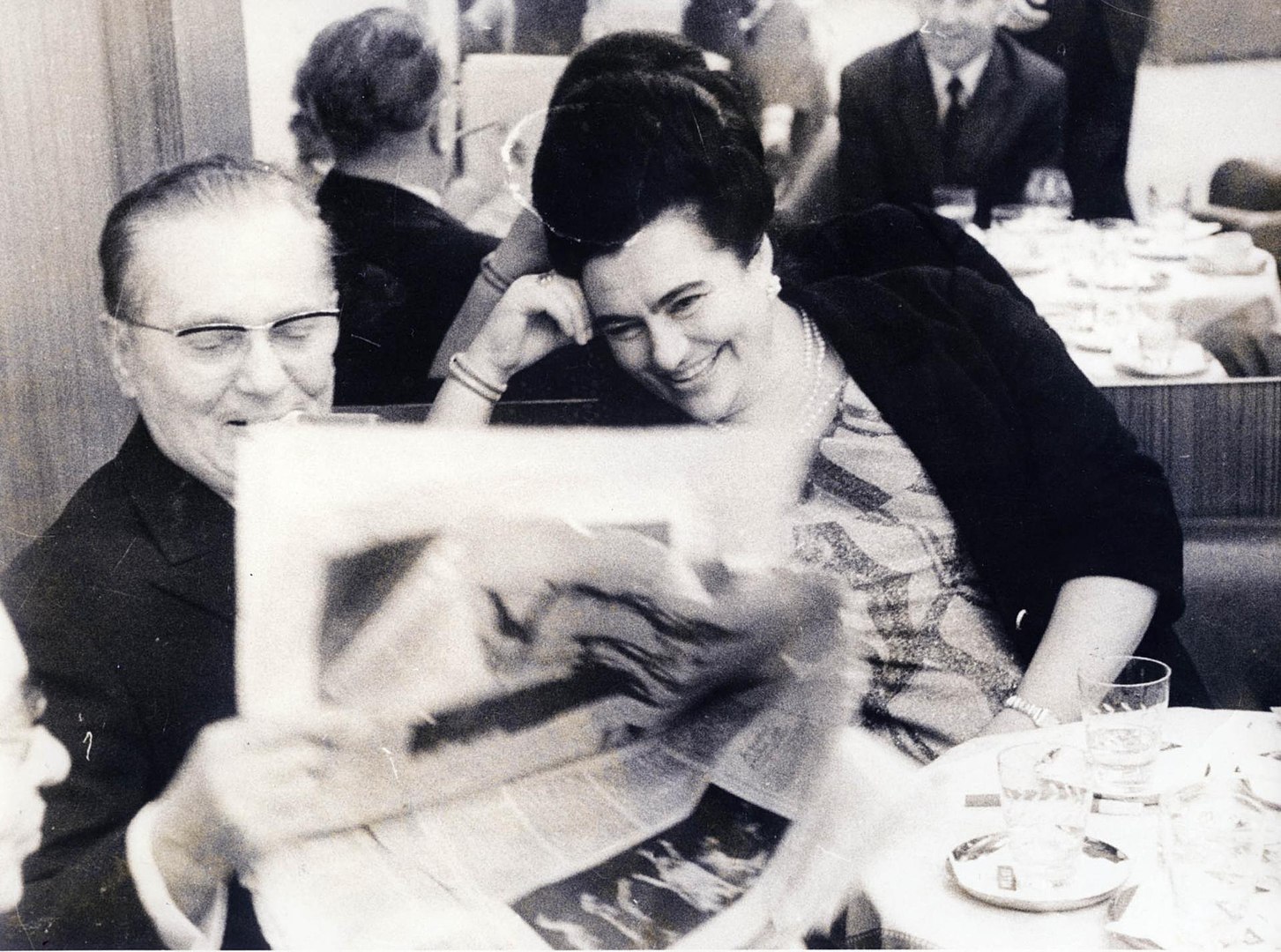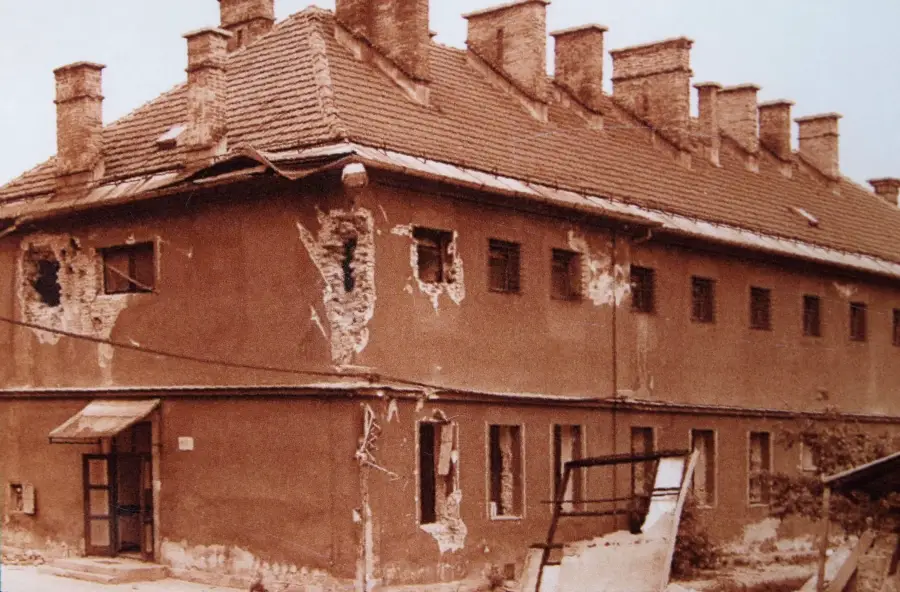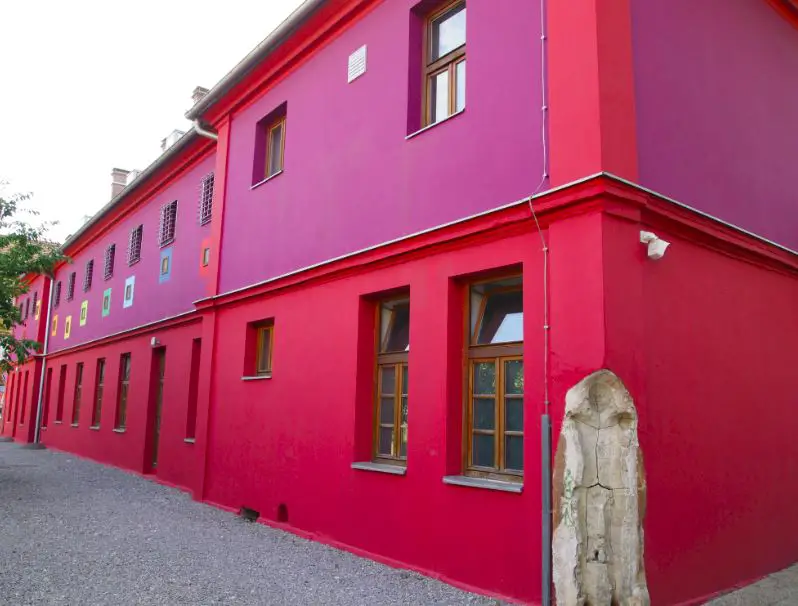Šarec says EU's credibility shaken after no to N Macedonia, Albania
BRUSSELS, Belgium - Commenting on the EU summit's failure to greenlight the launch of accession talks with North Macedonia and Albania, Prime Minister Marjan Šarec said that an opportunity had been missed, that the damage was done now and that the EU's credibility in the region was shaken. There will be problems in the future, because these countries will no longer trust the EU and it is uncertain whether we will manage to put them on the European path, Šarec said in Brussels.
Slovenia wants Croatia Schengen decision taken by next Commission
LJUBLJANA - Six Slovenian MEPs urged for the decision on Croatia's readiness to join the Schengen zone to be taken by Ursula von der Leyen's European Commission, arguing that such a strategic decision should not be taken by an outgoing Commission. In the appeal addressed to von der Leyen, Jean-Claude Juncker, and current and next president of the European Council, all Slovenian MPs, bar the pair from the ranks of the opposition Democrats (SDS), say it would be completely incomprehensible if a decision with long-term and strategic consequences for the EU was to be taken by Junker's Commission. This view was also expressed in the evening by Prime Minister Marjan Šarec.
Views on budget divided on Finance Committee but no amendments adopted
LJUBLJANA - The parliamentary Finance Committee discussed as the final among the committees the budget documents for 2020 and 2021. While views were divided along the coalition-opposition divide - the opposiiton does not agree the record high budgets are development-oriented - no amendments were adopted. The National Assembly is expected to vote on the budget documents in November.
Cerar discusses EU and Mediterranean issues in Cyprus
NICOSIA, Cyprus - Foreign Minister Miro Cerar met his Cypriot counterpart Nikos Christodoulides as part of an official visit to Cyprus for a exchange of views on topical developments in the EU, Mediterranean and the Middle East. Cerar also discussed the topics with Parliament Speaker Demetris Syllouris. Cerar called Cyprus a valuable partner and called for close cooperation in the time leading up to Slovenia's presidency of the EU in 2021. Cerar was accompanied on the two-day visit by a business delegation.
Committee established in support of Catalan leaders
LJUBLJANA - A committee in support of Catalan leaders held its maiden session in Ljubljana to protest against the lengthy prison sentences handed out to the nine independence leaders as well as against the EU institutions' silence on the issue. The committee was set up at the initiative of former President Milan Kučan, philosopher and sociologist Spomenka Hribar, Ljubljana Faculty of Arts professor Rudi Rizman and former Foreign Minister Ivo Vajgl. It currently numbers more than 40 members.
SOVA boss defends hiring at intel agency
LJUBLJANA - SOVA director Rajko Kozmelj argued there was nothing amiss in the hiring of a female acquaintance of PM Marjan Šarec by the intelligence agency in an interview with the weekly Mladina. He said the person in question had not been employed through a public call for applications because "the hiring had been made before we introduced new rules". He denied having spoken to Šarec or his aide about the employment beforehand. He also called for greater powers for SOVA in addition to better oversight.
Army chief abandons prosecution of fmr force commander
LJUBLJANA - The chief of staff of the Slovenian Armed Forces, Major General Alenka Ermenc, withdrew her proposal for the prosecution of Brigadier General Miha Škerbinc whom she had dismissed as the army's force commander in April. While Ermenc had reported Škerbinc to the military police on 17 May this year with the claim his commenting of her health had harmed her reputation, the Defence Ministry now announced Ermenc had changed her mind on 10 September.
Slovenian officials attend IMF and World Bank meetings
WASHINGTON, US - Central bank Governor Boštjan Vasle and Finance Ministry State Secretary Metod Dragonja are in Washington for the main part of the annual meetings of the World Bank Group and the International Monetary Fund (IMF). The meetings will be culminating with a session of the International Monetary and Financial Committee of the IMF and the joint World Bank-IMF Development Committee. The Slovenian delegation will also be holding meetings with IMF and World Bank officials.
Committee hears drawing of EU funds has improved
LJUBLJANA - The parliamentary EU Affairs Committee debated a quarterly report on Slovenia's drawing of EU funds in 2014-2020, noting progress in several areas. "The drawing is not ideal yet, but has improved considerably. With the three most productive months ahead, we expect it to further significantly improve by the end of the year," said Nevenka Ribič of the Government Office for Development and Cohesion Policy. By the end of August 2019, decisions had been issued for 82% of all EU funds available.
Ex-minister loses privacy lawsuit against ant-graft watchdog
LJUBLJANA - Ex-Education Minister Stanka Setnikar Cankar lost a EUR 31,000 damages suit against the Commission for the Prevention of Corruption for making public her earnings as a Public Administration Faculty professor, which cost her her ministerial job in 2015. The Ljubljana District Court rejected her claim even though the Supreme Court found in 2017 that the commission violated her constitutional right to personal data protection by releasing the data without having legal grounds to do so.
Slovenia joins anti-human trafficking campaign
LJUBLJANA - On the eve of EU Anti-Trafficking Day, 18 October, the European Crime Prevention Network and 24 European countries, including Slovenia, launched a prevention campaign. The Slovenian government also appointed a task force to combat human trafficking on Thursday to compile periodic action plans and monitor their implementation. The government also adopted the first report on the implementation of the Istanbul Convention against violence against women and domestic violence, finding major progress.
Sawn-off hand case sees its day in court
LJUBLJANA - Pre-trial hearings were held at the Ljubljana District Court in an insurance fraud scheme case in which a young woman cut off her hand at the beginning of the year to claim insurance. Two suspects pleaded not guilty, one was absent, while the hearing for Julija Adlešič, the 21-year-old who cut off her hand, was suspended for procedural reasons. Her 29-year-old partner Sebastien Abramov, who allegedly put her up to it, pleaded not guilty. They are both in custody.
Poet Simon Jenko remembered 150 years after death
KRANJ - Marking the 150th anniversary of the death of poet Simon Jenko, the city of Kranj is hosting Jenko's Days, a festival during which the Slovenian Writers' Association will give out the Jenko Prize for best poetry collection in the past two years. Jenko (1835-1869) wrote love, reflective and patriotic poems, excelling particularly at tender and bitter love poems and at reflective lyrical poetry. Living in Vienna, he wrote Obrazi (Faces), a series of poems inspired by Heine's sentimental lyrical poems.


